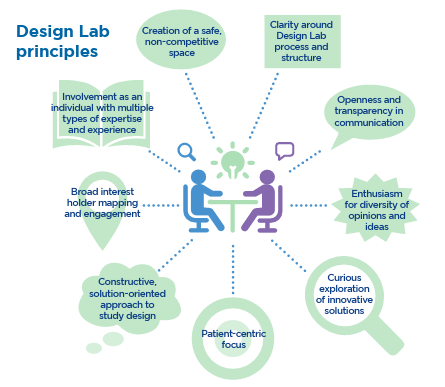Meeting
Dissemination and Implementation Science Special Interest Group Meeting, November 5Interested in learning more about implementation science and dissemination and implementation strategies?
You are invited to a virtual Dissemination and Implementation Science Special Interest Group Meeting on Friday, November 5, 2021, noon-1:00PM.
In this session, Bethany Kwan, PhD, MSPH will give a talk, Pragmatic Trials and Hybrid Implementation-Effectiveness Designs in Real-World Clinical Settings.
Dr. Kwan is an Associate Professor in the Department of Family Medicine at the University of Colorado School of Medicine, Anschutz Medical Campus. She received her PhD in social psychology from the University of Colorado Boulder in 2010, following an MSPH from the University of Colorado Health Sciences Center in 2005. She holds a BS in Chemistry and Psychology from Carnegie Mellon University (’01). As an investigator in the University of Colorado’s Adult & Child Consortium for Health Outcomes Research and Delivery Science (ACCORDS), she conducts pragmatic, patient-centered research and evaluation on health and health care in a variety of areas. With an emphasis on stakeholder engagement and dissemination and implementation (D&I) methods, her work addresses the integration of physical and behavioral health, chronic disease self-management, improving processes and systems of care to achieve the Quadruple Aim, pragmatic trials using electronic health data, and enhancing quality of life for patients and care partners. She works with patients and other stakeholders at all phases of research, from prioritization, to design, implementation, and dissemination of research. She mentors and teaches students, trainees, and fellow faculty on Designing for Dissemination to ensure that research innovations are efficiently and effectively adopted, used, and sustained in real world settings to improve health and well-being for all. Dr. Kwan directs the ACCORDS Education program as well as the Colorado Clinical & Translational Sciences Institute (CCTSI) Dissemination & Implementation Research Core.
Details
Date: Friday, November 5, noon-1:00PM
Registration
To receive the Zoom link to this event, please email Senior Project Manager Alyssa Cabrera, MPH.



